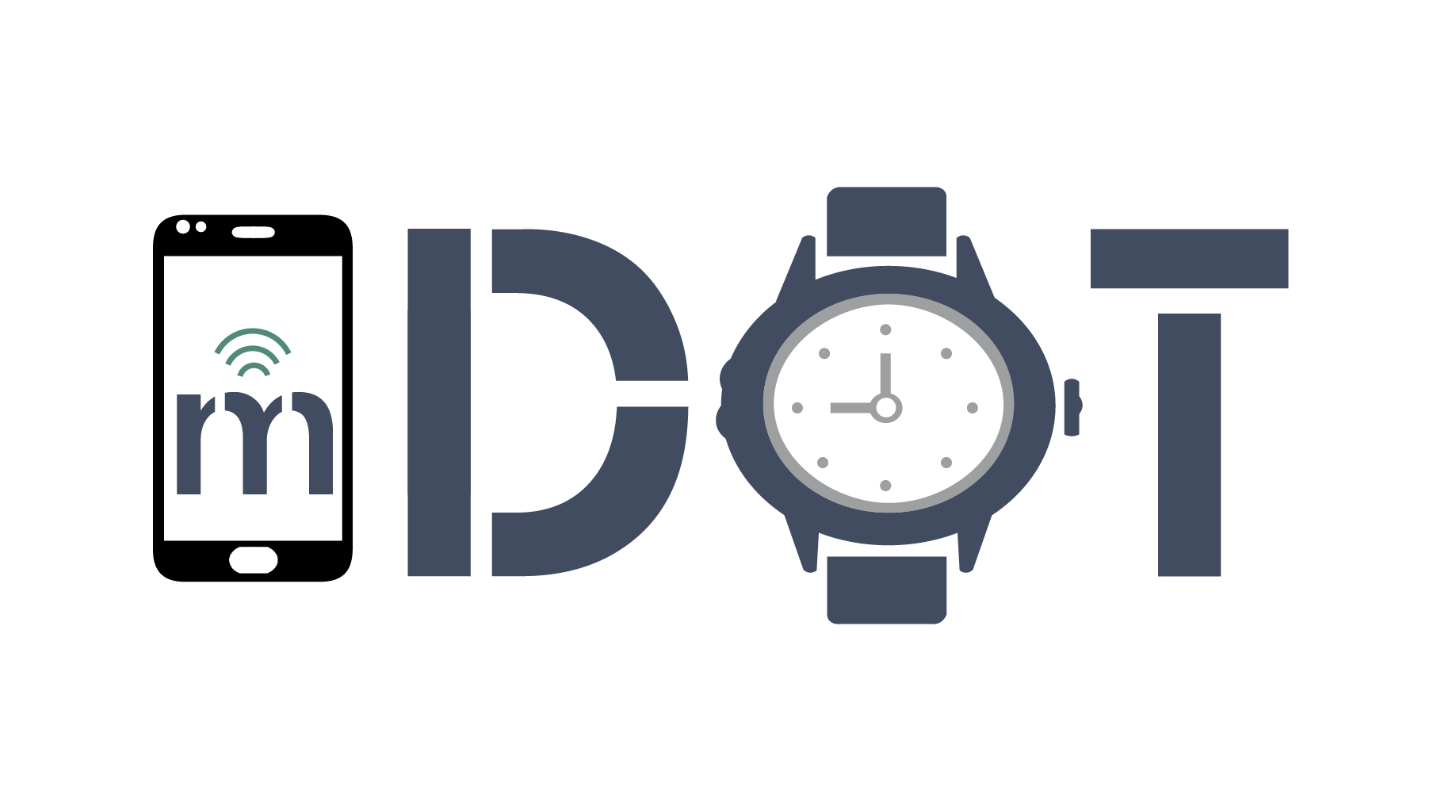The mDOT Center
Transforming health and wellness via temporally-precise mHealth interventions






mDOT@MD2K.org
901.678.1526
901.678.1526






Monday, October 30, 2023 | 8:00 AM – 5:00 PM ET
The workshop serves as a platform for exploring the innovative synergy between generative AI and emerging wearable technologies. It aims to delve into the limitless possibilities these technologies offer, especially in the realm of behavioral health interventions. Participants will engage in discussions on how generative AI models and wearable devices can be integrated to create novel intervention approaches.
By focusing on generative AI, wearables, and mHealth interventions, the workshop aims to identify specific opportunities and challenges in leveraging these technologies. This includes understanding the capabilities of generative AI models in synthesizing text, speech, images, and video, and exploring how these components can be deployed effectively on wearables like hearables and AR devices.
Participants will tackle the ethical, technical, and socio-technical challenges associated with generative AI and wearable technologies. This includes ensuring the interventions are safe, efficacious, ethical, contextually appropriate, engaging, and adaptive. Discussions will revolve around aligning interventions with existing treatment guidelines, overcoming data scarcity, dealing with between-person variability, and addressing missing data in the context of wearable health sensing technologies.
The workshop incorporates brainstorming sessions where experts collaboratively explore generative AI applications for health interventions. Breakout sessions in concurrent tracks (Generative AI, VR/AR, and Hearables) facilitate in-depth discussions and knowledge sharing among specialized groups. Networking breaks and continued breakout sessions foster collaboration and provide opportunities for attendees to connect and exchange ideas.
A pivotal goal of the workshop is to develop a strategic roadmap. Through report-back sessions and working groups, attendees will summarize key findings, insights, and gaps identified during the workshop. These inputs will contribute to the development of a white paper outlining the research agenda for this emerging research area, guiding future studies and innovations in the field.
The closing session of the workshop will provide a platform for summarizing outcomes and contributions. Participants will share insights gained and discuss the next steps for the research community. The workshop aims to foster a sense of community, encouraging ongoing collaboration, knowledge exchange, and joint initiatives in the evolving landscape of generative mHealth interventions and wearable technologies.
The majority of workshop attendees will be staying at the Harvard Square Hotel, located just 10 minutes from the Science & Engineering Complex by shuttle (or 19 minutes by foot).
Harvard Square Hotel
110 Mount Auburn Street
Cambridge, Massachusetts, 02138
Phone: 617-864-5200
Those driving to the conference venue and looking to park on the Harvard Campus can purchase and print online daily parking permits at https://hopps.vpcs.harvard.edu/. It is suggested that you setup your account and purchase your daily permit beforehand so that lots that are conveniently close to the conference venue (Harvard’s Science and Engineering Complex) do not sell out. A permit is $22 and one is need for each day. While setting up your guest account use the following steps to fill out the mandatory information for Harvard’s parking system:
The recommended lots are:
*** Please note that the permit must be printed and displayed in order to be valid. ***
Continental breakfast, freshly brewed coffee, and hot tea will be available from 8:00 am onwards just outside the meeting room in the Science & Engineering Complex, Room 4.307. Attendees are encouraged to join between 8:00 am and 8:30 am, allowing ample time for networking and catching up before the workshop begins.
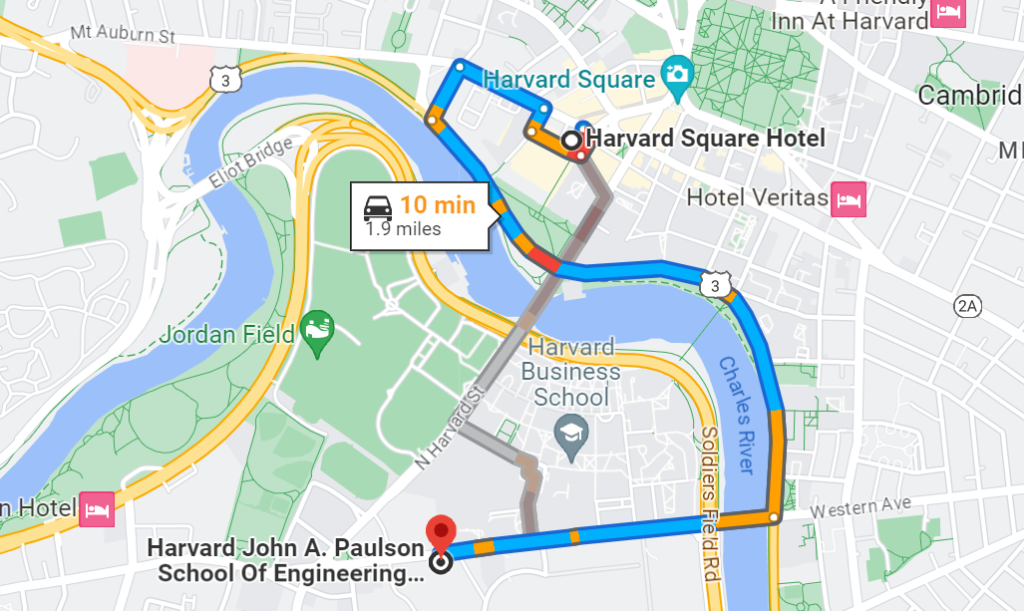
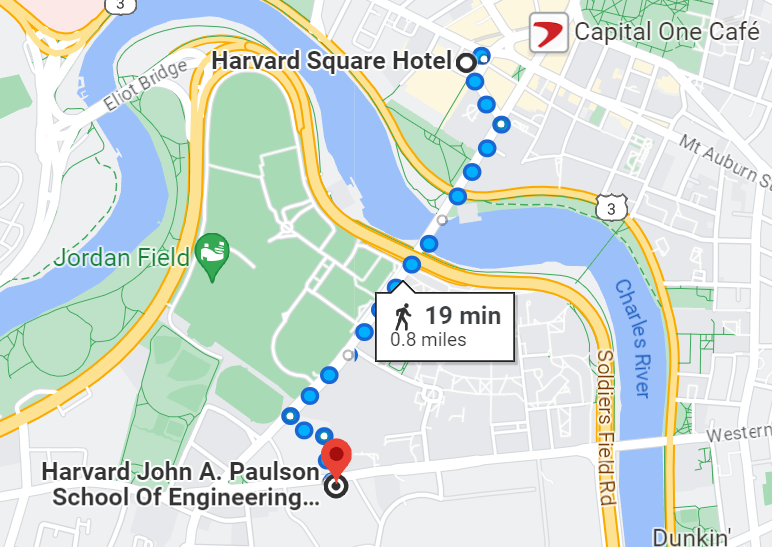
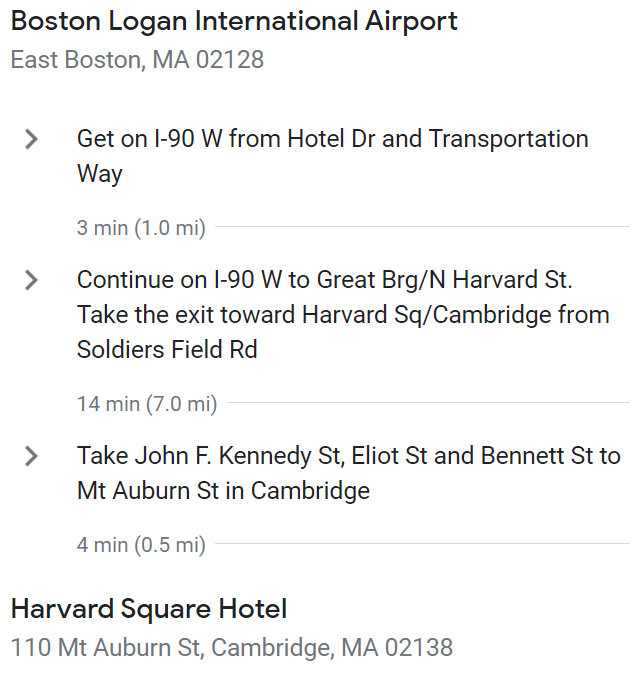
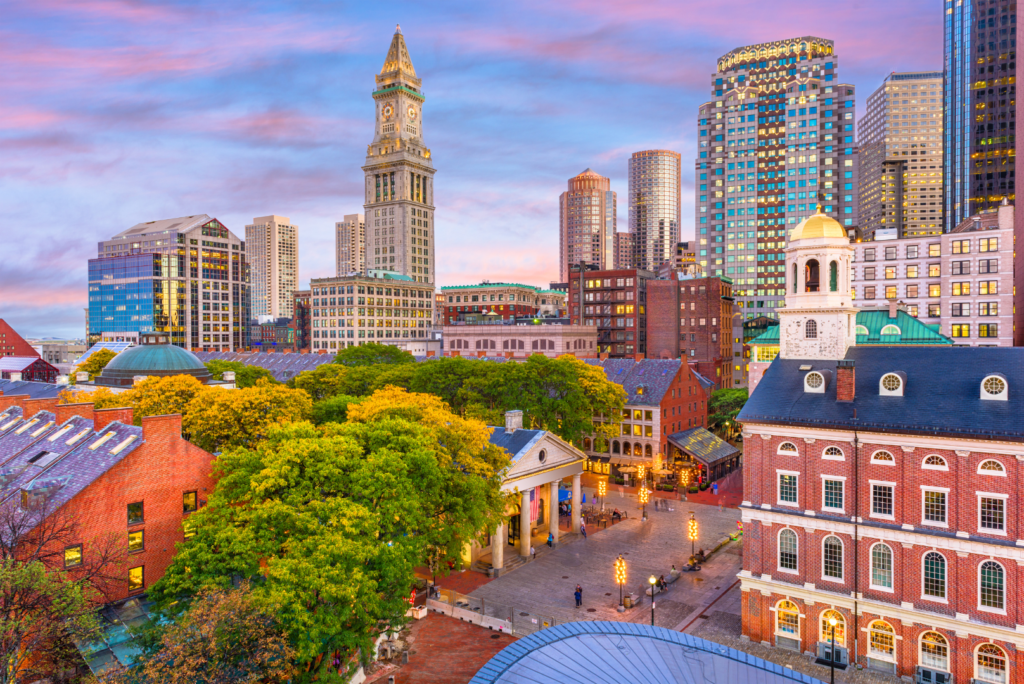
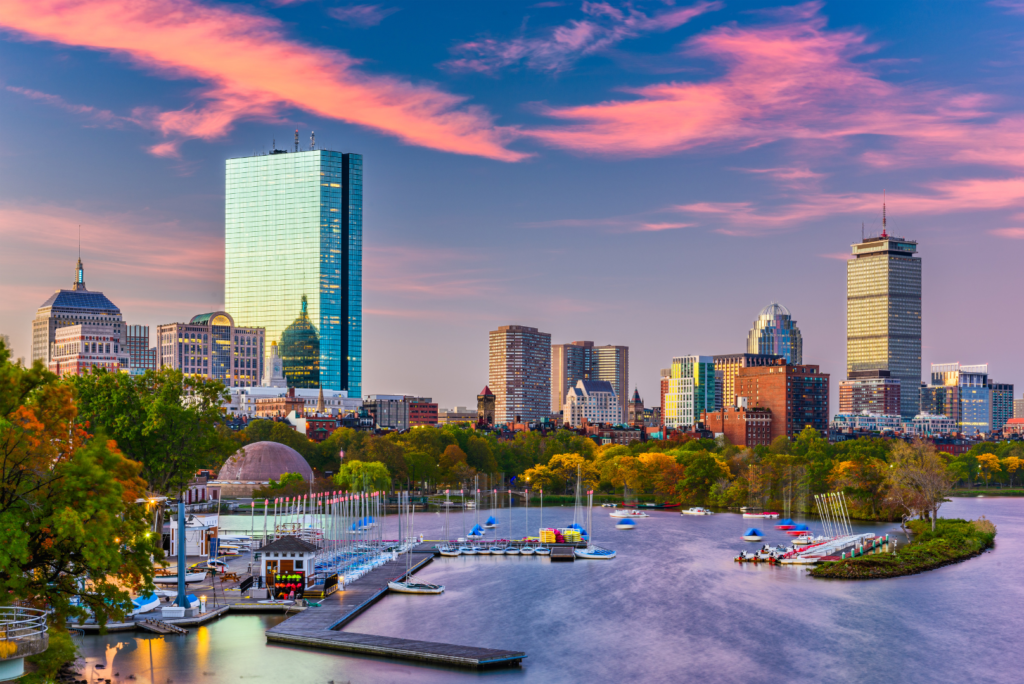
Everyone knows that Boston is one of the most historically abundant cities in the United States. And while we’ve all heard the stories of the midnight ride and the Boston Tea Party, there are some fun facts that many folks don’t know about Beantown. (Courtesy of Boston Sightseeing Tours)


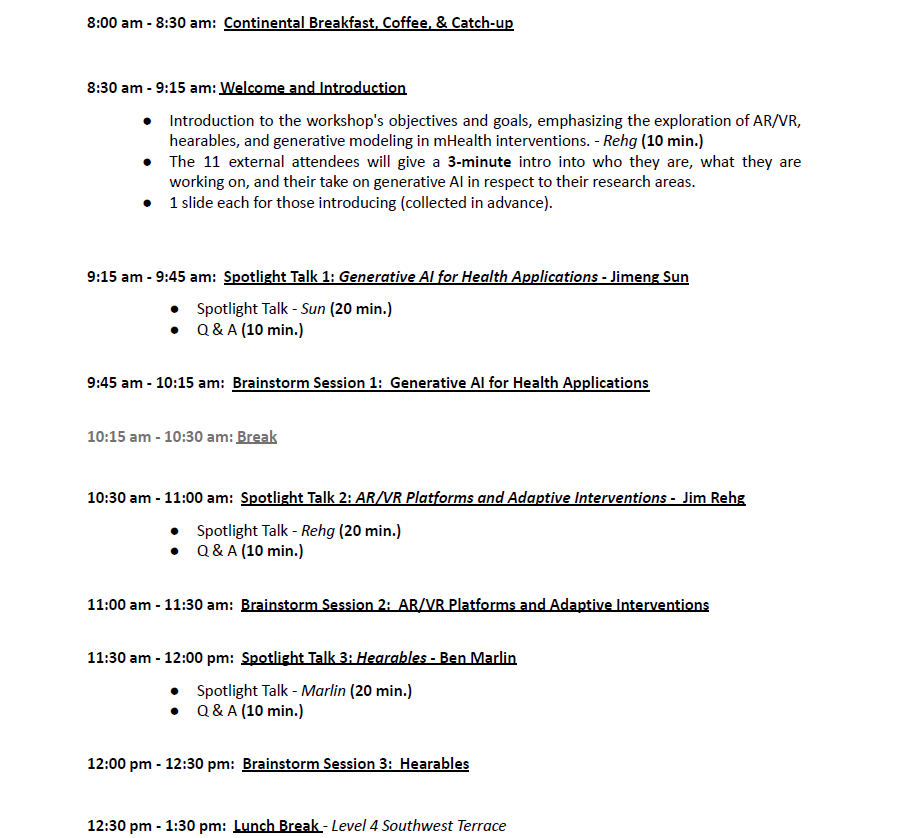
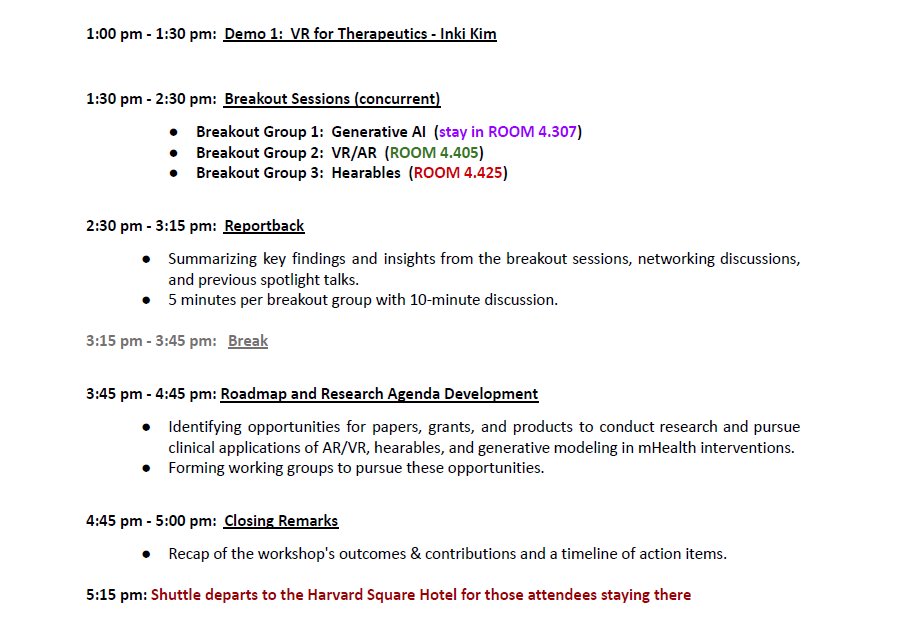
Jason Hong, PhD | Professor in the Human Computer Interaction Institute | Carnegie Mellon University
David Kennedy, PhD | Professor of Psychiatry | University of Massachusetts Medical School
Veena Misra, PhD | MC Dean Distinguished University Professor | NC State University
Jimeng Sun, PhD | Health Innovation Professor | University of Illinois Urbana-Champaign – Spotlight Speaker
Santosh Kumar, PhD | Lillian & Morrie Moss Chair of Excellence Professor | University of Memphis – Center Director, Lead PI, TR&D1, TR&D2, TR&D3
Jim Rehg, PhD | Founder Professor of Computer Science | University of Illinois Urbana-Champaign – Center Deputy Director, TR&D1 Lead
Susan Murphy, PhD | Professor of Statistics & Computer Science | Harvard University – TR&D2 Lead
Benjamin Marlin, PhD | Associate Professor | University of Massachusetts Amherst – Co-I, TR&D1, TR&D2 – Spotlight Speaker
Emre Ertin, PhD | Associate Professor | The Ohio State University – TR&D3 Lead
Mani Srivastava, PhD | Professor of Electrical Engineering & Computer Science | University of California, Los Angeles – Co-I, TR&D3
Vivek Shetty, DDS, MD | Professor of Oral & Maxillofacial Surgery/Biomedical Engineering | University of California, Los Angeles – Training & Dissemination Lead
Kate Bentley, PhD | Assistant Professor | Harvard Medical School
Niteesh Choudhry, MD, PhD | Professor of Medicine | Harvard Medical Center
Patrick Emedom-Nnamdi, PhD | Co-founder & Chief Scientist | Raia Health
Satrajit Ghosh, PhD | Principal Research Scientist | McGovern Institute
Stephanie Goldstein, PhD | Assistant Professor of Psychiatry & Human Behavior | Brown University
Jim Harper, PhD | Co-founder & Chief Operating Officer | Sonde Health
Stephen Intille, PhD | Professor | Northeastern University
Inki Kim, PhD | Assistant Director of Research in Medical Simulation | University of Illinois Urbana-Champaign – Spotlight Speaker
Erik Larsen, PhD | Vice President of Product Validation | Sonde Health – Spotlight Speaker
Misha Pavel, PhD | Research Professor | Northeastern University
Brandon Westover, MD, PhD | Professor of Neurology | Beth Israel Deaconess Medical Center / Harvard Medical School
Yuyi Chang | Doctoral Student | The Ohio State University
Asim Gazi, PhD | Postdoctoral Fellow in Computer Science | Harvard University
Karine Karine | Doctoral Student | University of Massachusetts Amherst
Ivana Malenica, PhD | Postdoctoral Fellow in Statistics | Harvard University
Sameer Neupane | Doctoral Student | University of Memphis
Xiaomin Ouyang, PhD | Postdoctoral Researcher | University of California, Los Angeles
Mithun Saha | Doctoral Student | University of Memphis
Max Xu | Doctoral Student | Georgia Institute of Technology
Ziping Xu, PhD | Postdoctoral Fellow in Statistics | Harvard University
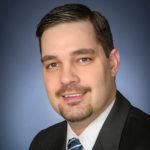
Director of Operations
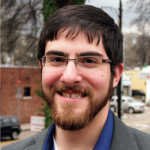
Director, Research Data & Studies

Manager, Communications
